
Printing Grade Polycarbonate Film The Versatile and Durable Solution for Your Industry
- Product Item : TOPPC10
- Category: Polycarbonate sheet
- Polycarbonate
- printing grade PC film
- PC board
- Printing Polycarbonate
- Product description:Printing Grade Polycarbonate Film The Versatile and Durable Solution for Your Industry, Printing Grade Polycarbonate Film factory from China,reliable manufacturer of Polycarbonate film ,Hi trust (fosh
The specifications of printing grade polycarbonate film:
| Property | Specification |
|---|---|
| Thickness | 0.005" - 0.1" (0.127 mm - 2.5 mm) |
| Transparency | ≥ 80% light transmission |
| Haze | ≤ 1.0% |
| Size | 915mm*1820mm |
| Impact Strength | > 30 ft-lb/in (Izod Notched) |
| Tensile Strength | 9,500 psi (65.5 MPa) |
| Elongation at Break | 100% - 150% |
| Flexural Strength | 13,500 psi (93.1 MPa) |
| Thermal Resistance | -40°C to 130°C (-40°F to 266°F) |
| Coefficient of Thermal Expansion | 6.8 x 10^-5 /°C |
| Dielectric Strength | 17.7 kV/mm (450 V/mil) |
| Surface Hardness | > 2H (pencil hardness) |
| Chemical Resistance | Resistant to many acids, alcohols, and oils |
| Moisture Absorption | 0.15% (24 hours, 23°C) |
| UV Resistance | UV stabilized (for outdoor applications) |
Printing grade polycarbonate film is a high-performance thermoplastic material renowned for
its excellent balance of clarity, strength, and versatility. Here’s a detailed description of its
properties, applications, and advantages:
Key Features:
-
Optical Clarity:
- High transparency, typically with over 90% light transmission.
- Low haze and high gloss finish, providing clear and vibrant printed graphics.
-
Durability:
- Exceptional impact resistance, much higher than glass and acrylic.
- High tensile and flexural strength, ensuring longevity and resilience.
- Resistant to cracking, breaking, and abrasion.
-
Thermal Resistance:
- Wide operating temperature range from -40°C to 130°C (-40°F to 266°F).
- Good dimensional stability under varying temperature conditions.
-
Chemical Resistance:
- Resistant to a wide range of chemicals, oils, and solvents.
- Suitable for environments where exposure to harsh substances is common.
-
Electrical Properties:
- Excellent electrical insulation properties.
- Suitable for applications requiring dielectric strength.
-
Surface Quality:
- Smooth, uniform surface ideal for high-quality printing.
- Available in various finishes, including matte, gloss, and textured.
Applications:
-
Graphics and Printing:
- Overlays, labels, nameplates, and control panels.
- Suitable for screen printing, digital printing, and thermal transfer printing.
-
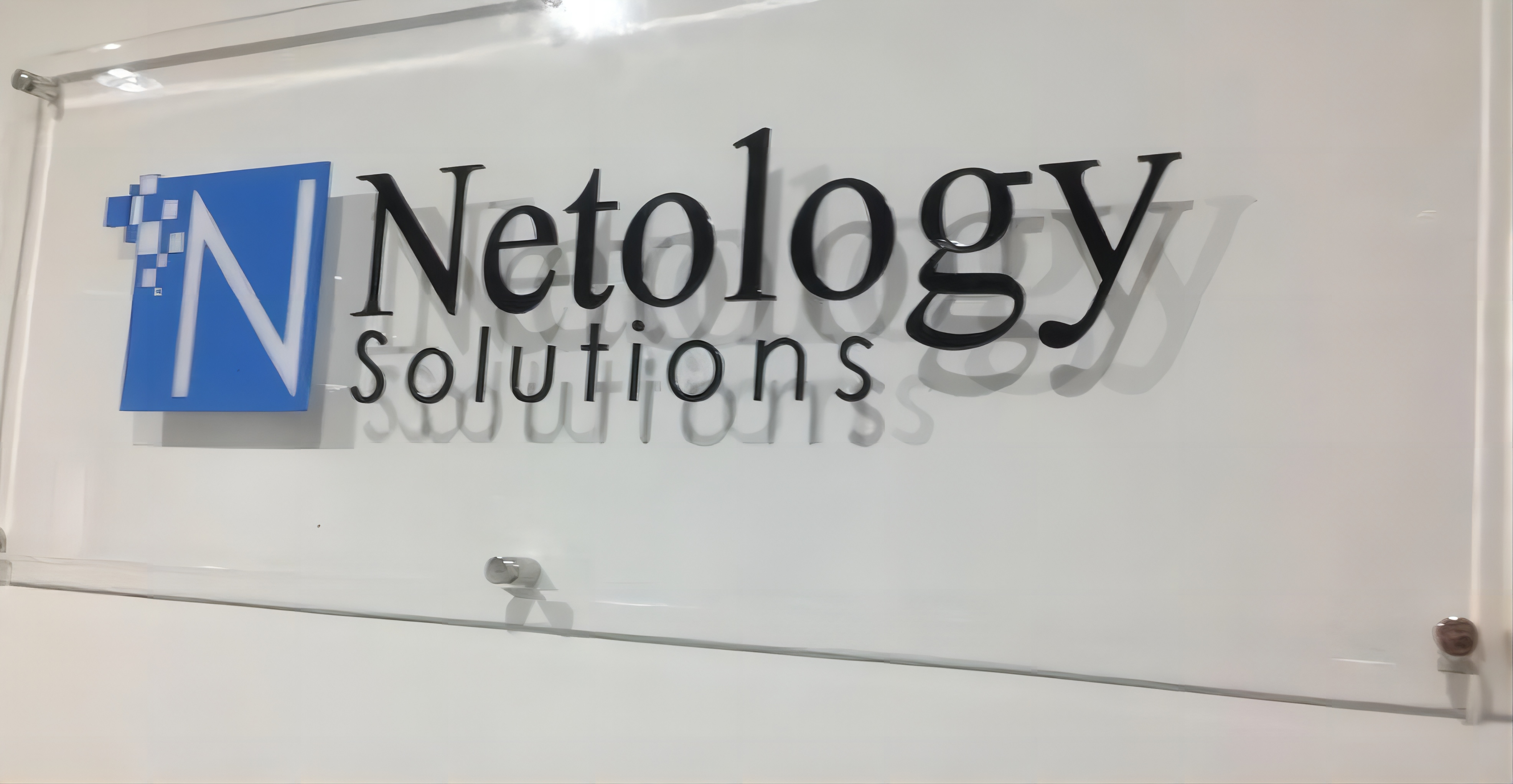
-
Electronics:
- Membrane switches, touch screens, and display panels.
-
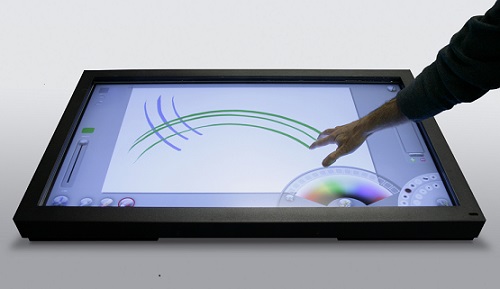
-
Automotive:
- Instrument panels, interior components, and dashboard overlays.
-
Industrial Applications:
- Control panels, machine covers, and protective barriers.
-
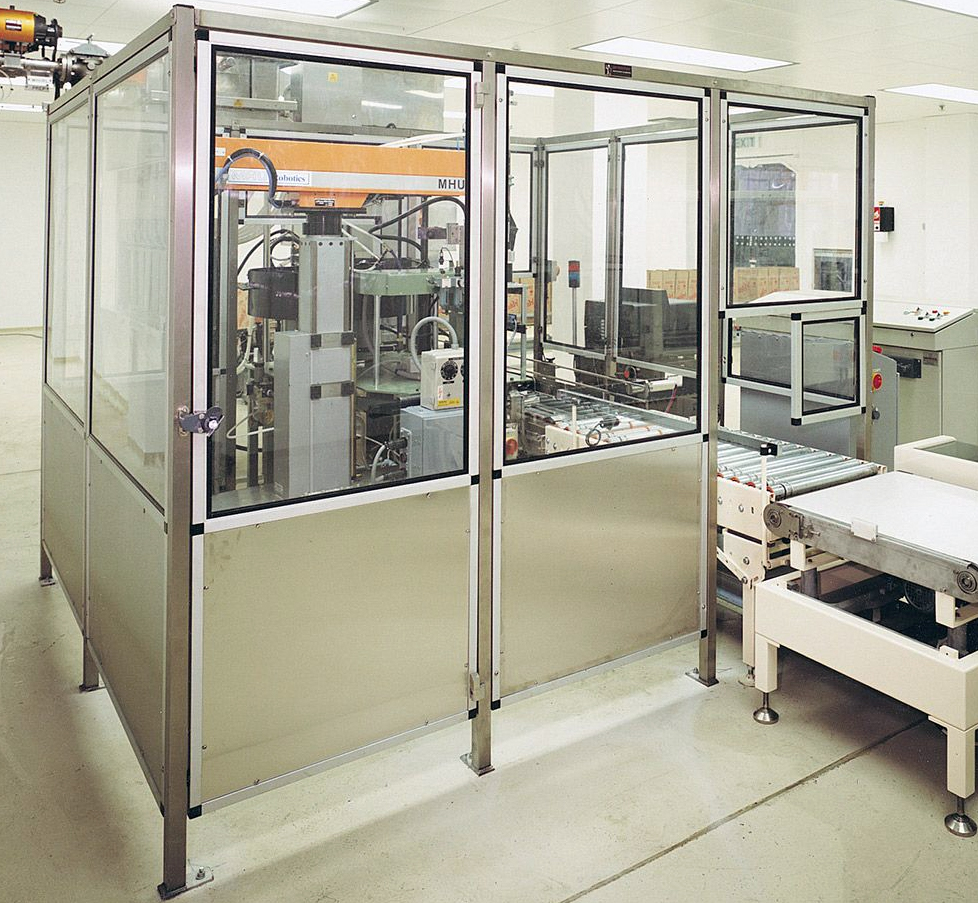
-
Signage:
- Backlit displays and illuminated signs.
-
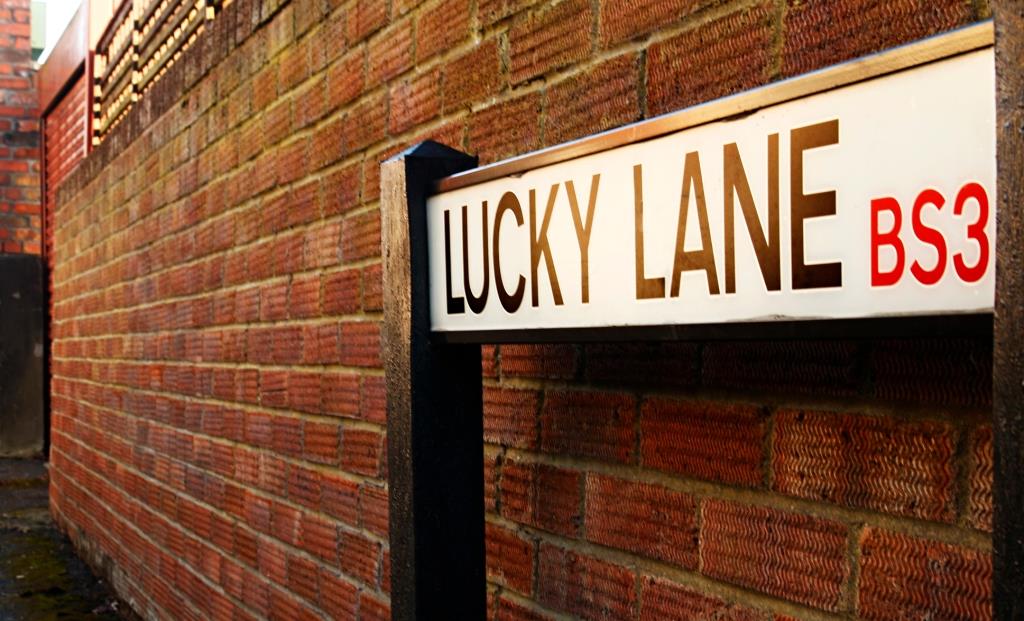
Printing Techniques:
-
Screen Printing:
- Durable, vibrant colors suitable for high-volume production.
- Ideal for both large and small prints.
-
Digital Printing:
- High-resolution prints with intricate details.
- Flexible for short runs and custom designs.
-
Thermal Transfer Printing:
- Provides durable and resistant prints.
- Commonly used for barcodes, labels, and identification tags.
Advantages:
-
Ink Adhesion:
- Polycarbonate film requires surface treatment (e.g., corona treatment) to enhance ink adhesion.
- Proper preparation ensures durable and high-quality prints.
-
Environmental Resistance:
- UV stabilized grades available for outdoor applications.
- Maintains performance in harsh environmental conditions.
-
Versatility:
- Can be used in a wide range of applications across different industries.
- Available in various thicknesses and finishes to meet specific needs.
Considerations:
- Surface Treatment: Ensuring proper surface treatment is crucial for optimal ink adhesion and print quality.
- Compatibility: It is important to match inks and printing methods with the specific grade of polycarbonate film to avoid issues such as smudging or poor adhesion.
- Environmental Factors: Consideration of exposure to UV light, chemicals, and other environmental factors is important for ensuring the longevity of printed graphics.
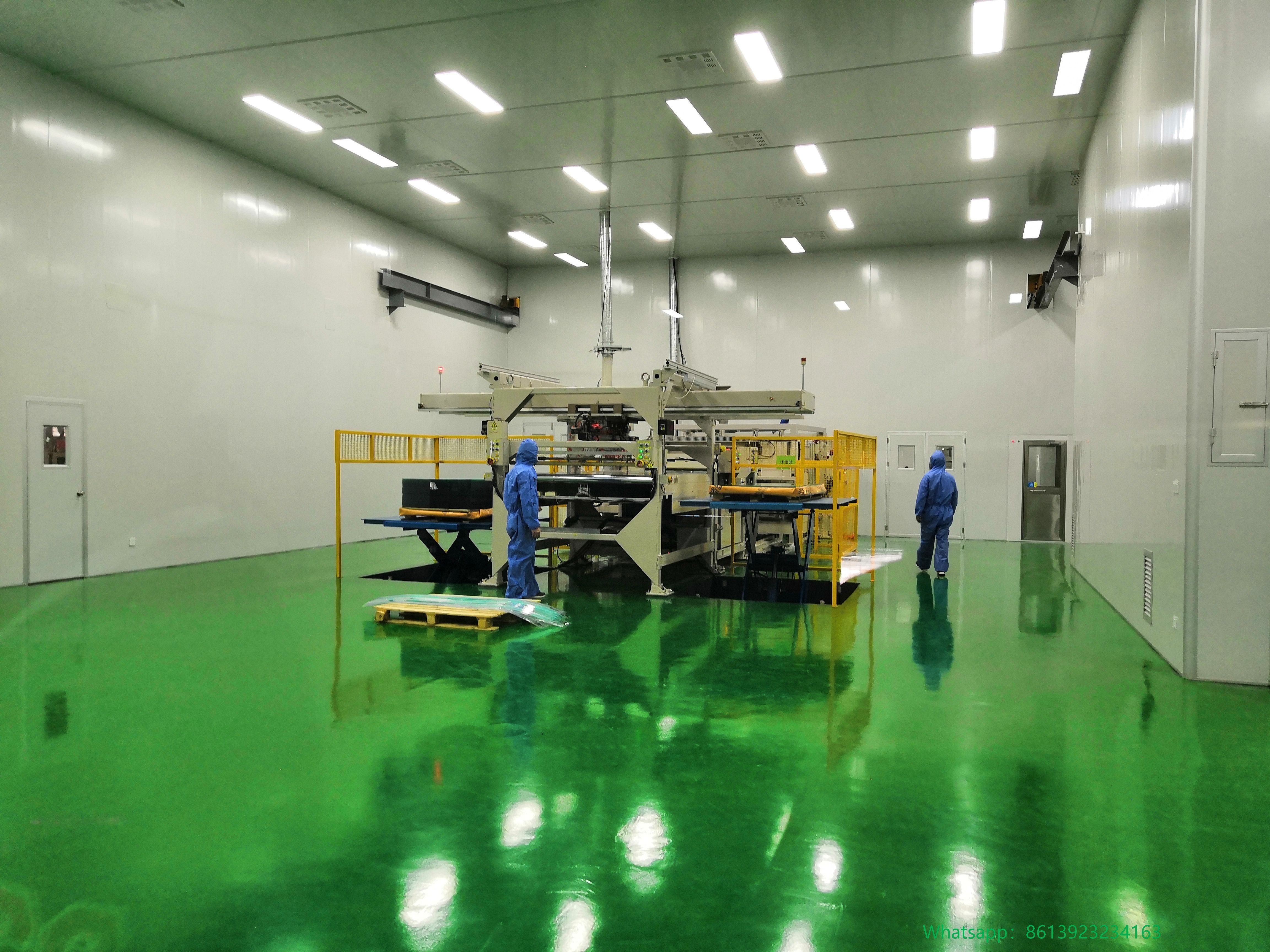
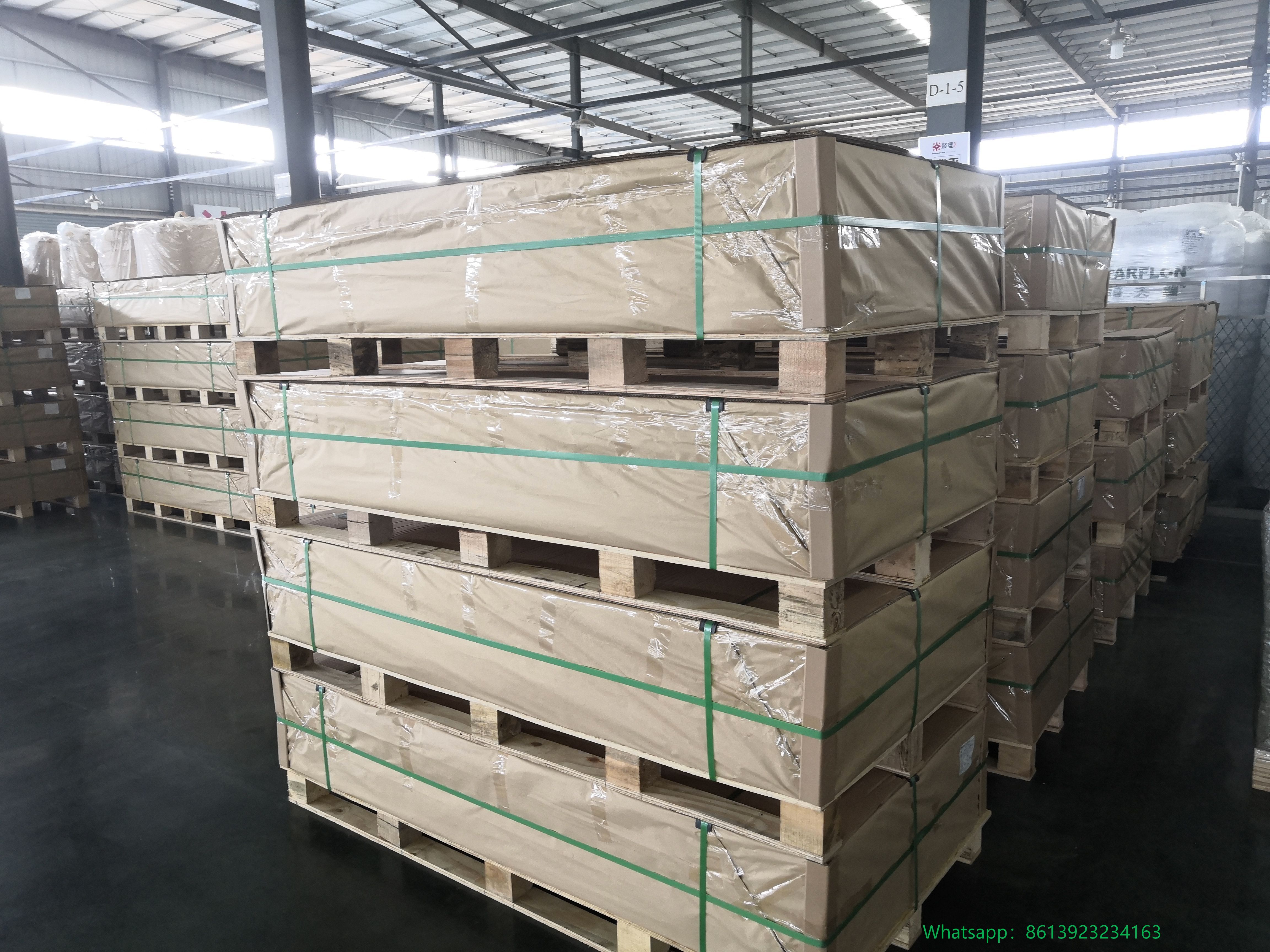
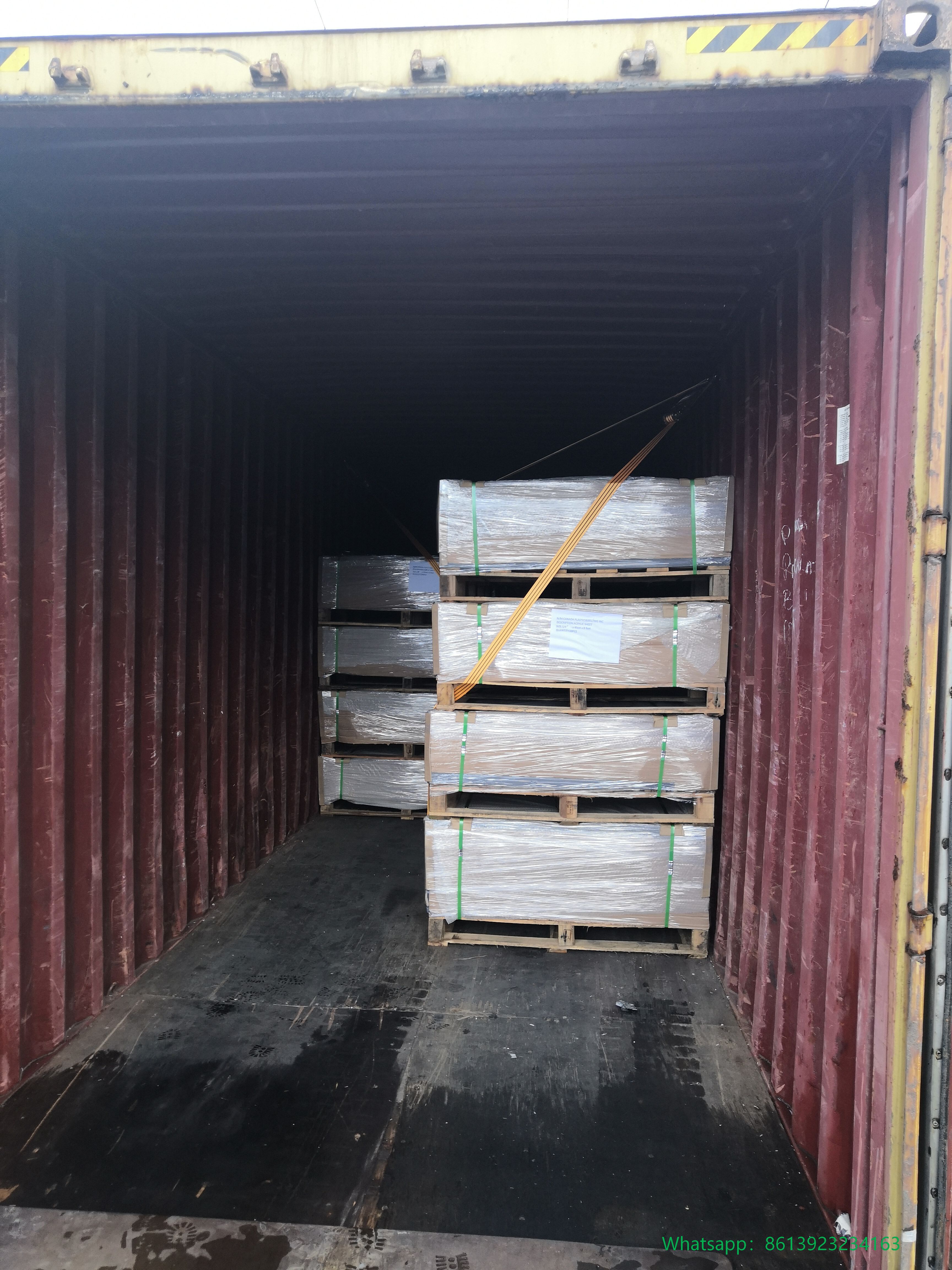
INQUIRY
CATEGORIES
LATEST NEWS
CONTACT US
Name: Peter
Mobile:+86 18824809669
Tel:+86 18824809669
Whatsapp:8613923234163
Email:tonon888@gmail.com
Add:No 2 Shangliao Industrial zoon,Beijiao Shunde Foshan GD China

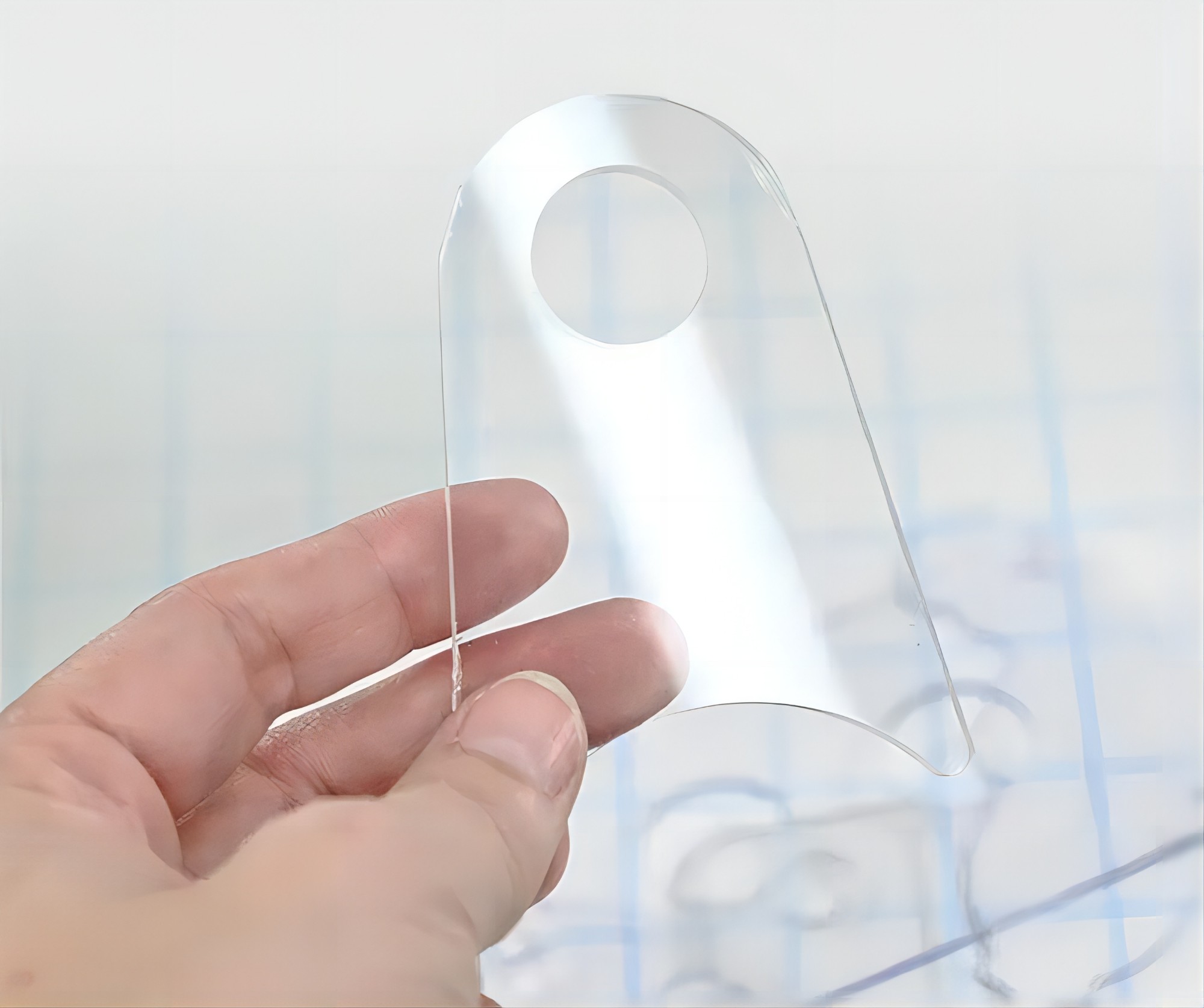
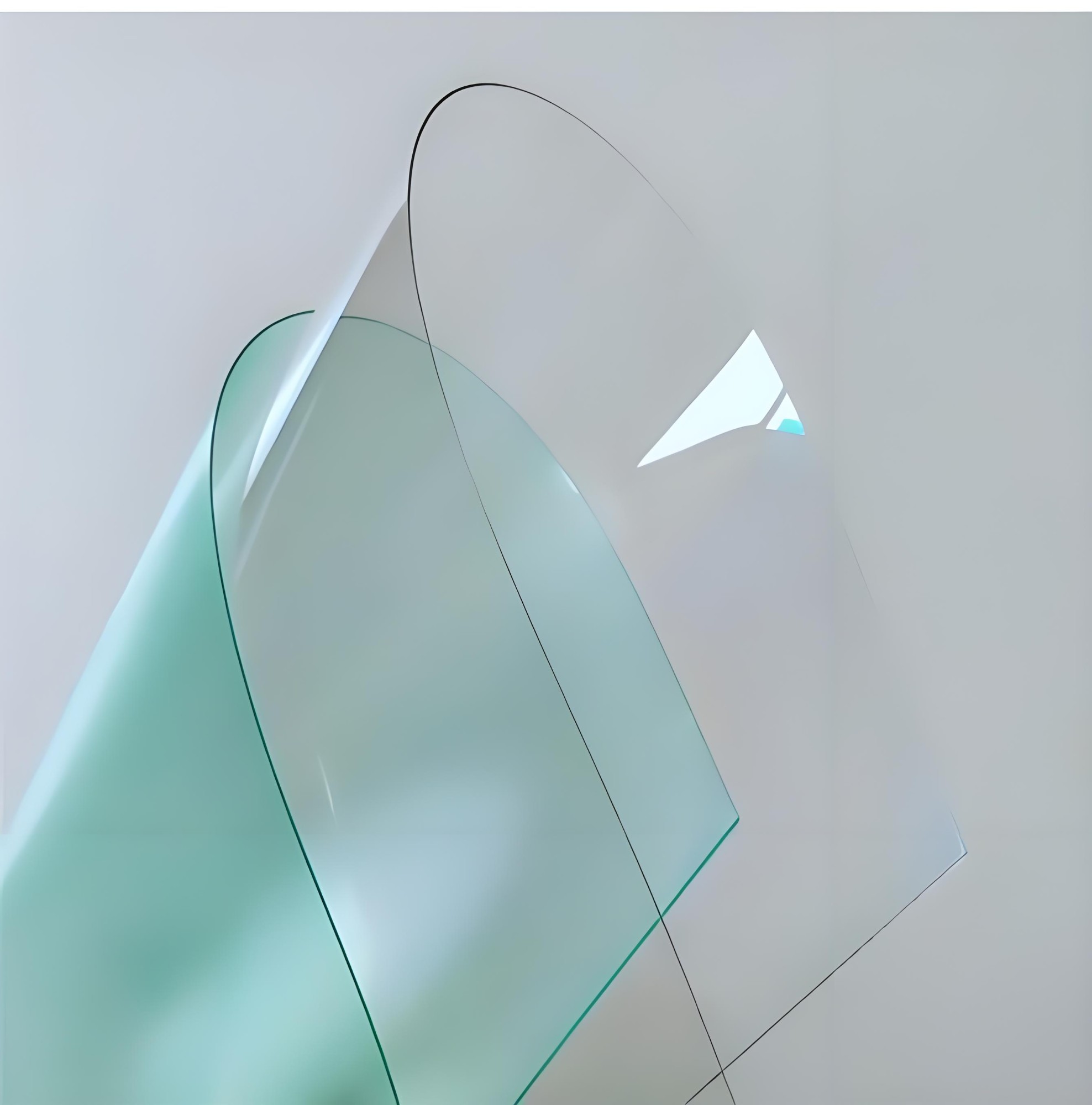
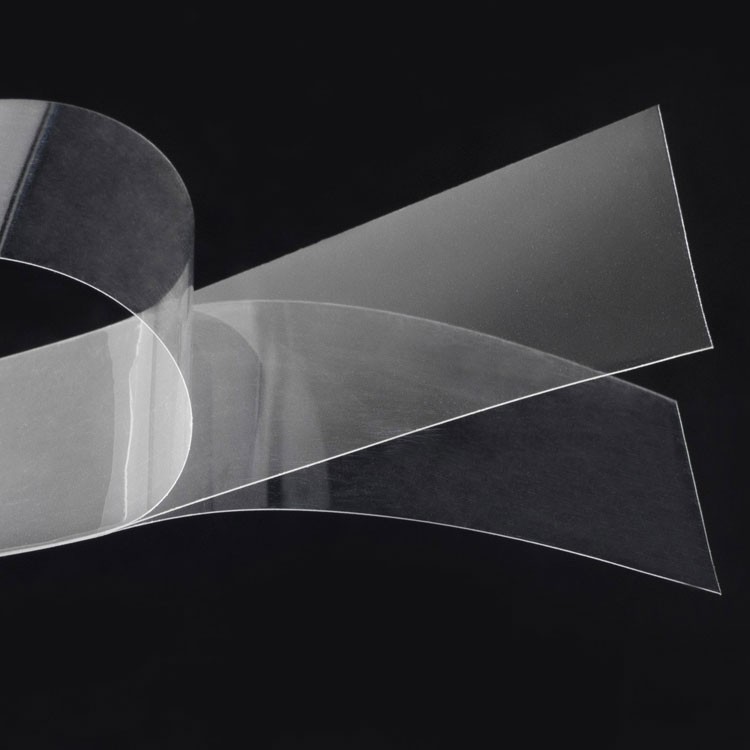
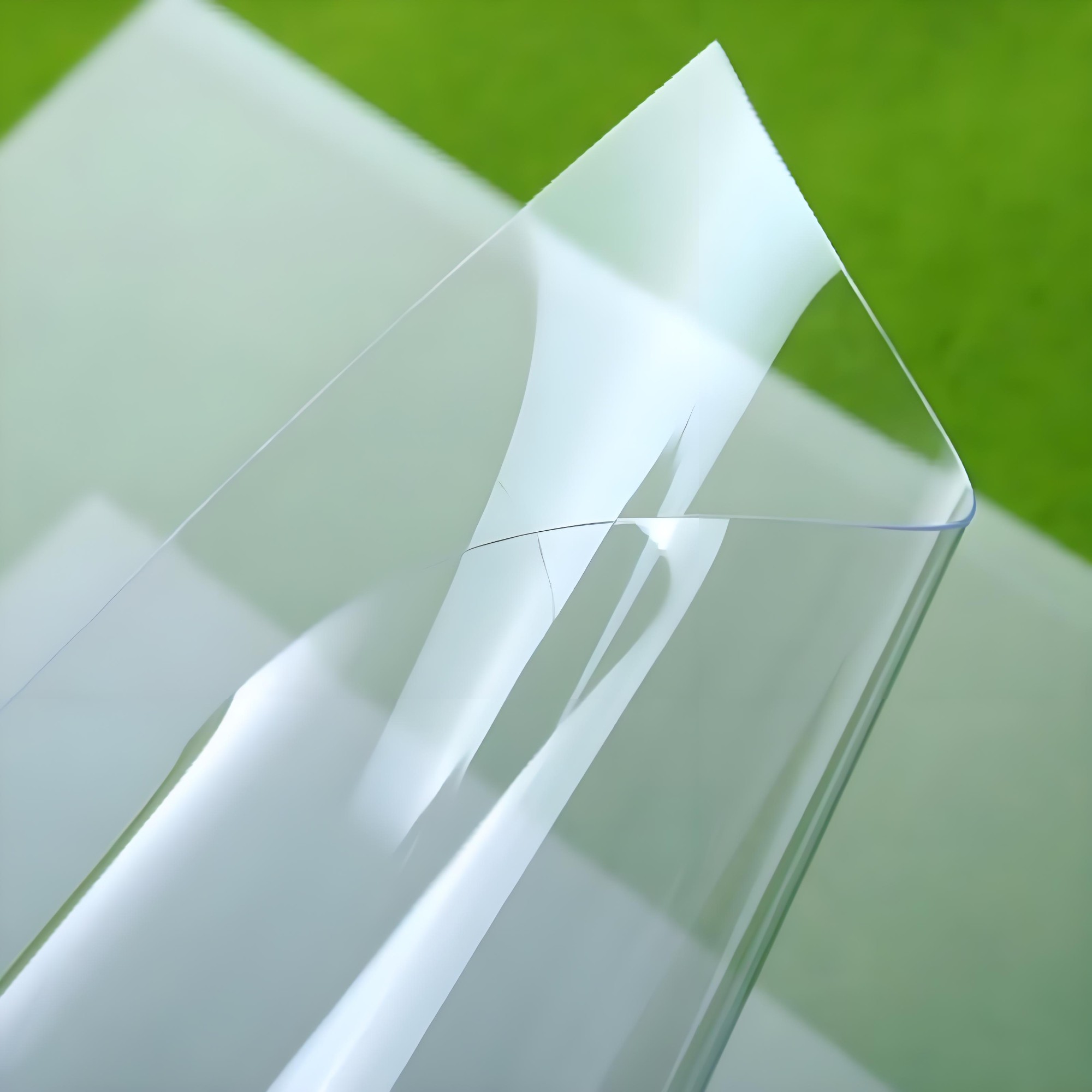


 Afrikaans
Afrikaans Shqip
Shqip አማርኛ
አማርኛ العربية
العربية Հայերեն
Հայերեն Azərbaycan dili
Azərbaycan dili Euskara
Euskara Беларуская мова
Беларуская мова বাংলা
বাংলা Bosanski
Bosanski Български
Български Català
Català Cebuano
Cebuano Chichewa
Chichewa 简体中文
简体中文 繁體中文
繁體中文 Corsu
Corsu Hrvatski
Hrvatski Čeština
Čeština Dansk
Dansk Nederlands
Nederlands English
English Esperanto
Esperanto Eesti
Eesti Filipino
Filipino Suomi
Suomi Français
Français Frysk
Frysk Galego
Galego ქართული
ქართული Deutsch
Deutsch Ελληνικά
Ελληνικά ગુજરાતી
ગુજરાતી Kreyol ayisyen
Kreyol ayisyen Harshen Hausa
Harshen Hausa Ōlelo Hawaiʻi
Ōlelo Hawaiʻi עִבְרִית
עִבְרִית हिन्दी
हिन्दी Hmong
Hmong Magyar
Magyar Íslenska
Íslenska Igbo
Igbo Bahasa Indonesia
Bahasa Indonesia Gaeilge
Gaeilge Italiano
Italiano 日本語
日本語 Basa Jawa
Basa Jawa ಕನ್ನಡ
ಕನ್ನಡ Қазақ тілі
Қазақ тілі ភាសាខ្មែរ
ភាសាខ្មែរ 한국어
한국어 كوردی
كوردی Кыргызча
Кыргызча ພາສາລາວ
ພາສາລາວ Latin
Latin Latviešu valoda
Latviešu valoda Lietuvių kalba
Lietuvių kalba Lëtzebuergesch
Lëtzebuergesch Македонски јазик
Македонски јазик Malagasy
Malagasy Bahasa Melayu
Bahasa Melayu മലയാളം
മലയാളം Maltese
Maltese Te Reo Māori
Te Reo Māori मराठी
मराठी Монгол
Монгол ဗမာစာ
ဗမာစာ नेपाली
नेपाली Norsk bokmål
Norsk bokmål پښتو
پښتو فارسی
فارسی Polski
Polski Português
Português ਪੰਜਾਬੀ
ਪੰਜਾਬੀ Română
Română Русский
Русский Samoan
Samoan Gàidhlig
Gàidhlig Српски језик
Српски језик Sesotho
Sesotho Shona
Shona سنڌي
سنڌي සිංහල
සිංහල Slovenčina
Slovenčina Slovenščina
Slovenščina Afsoomaali
Afsoomaali Español
Español Basa Sunda
Basa Sunda Kiswahili
Kiswahili Svenska
Svenska Тоҷикӣ
Тоҷикӣ தமிழ்
தமிழ் తెలుగు
తెలుగు ไทย
ไทย Türkçe
Türkçe Українська
Українська اردو
اردو O‘zbekcha
O‘zbekcha Tiếng Việt
Tiếng Việt Cymraeg
Cymraeg isiXhosa
isiXhosa יידיש
יידיש Yorùbá
Yorùbá Zulu
Zulu